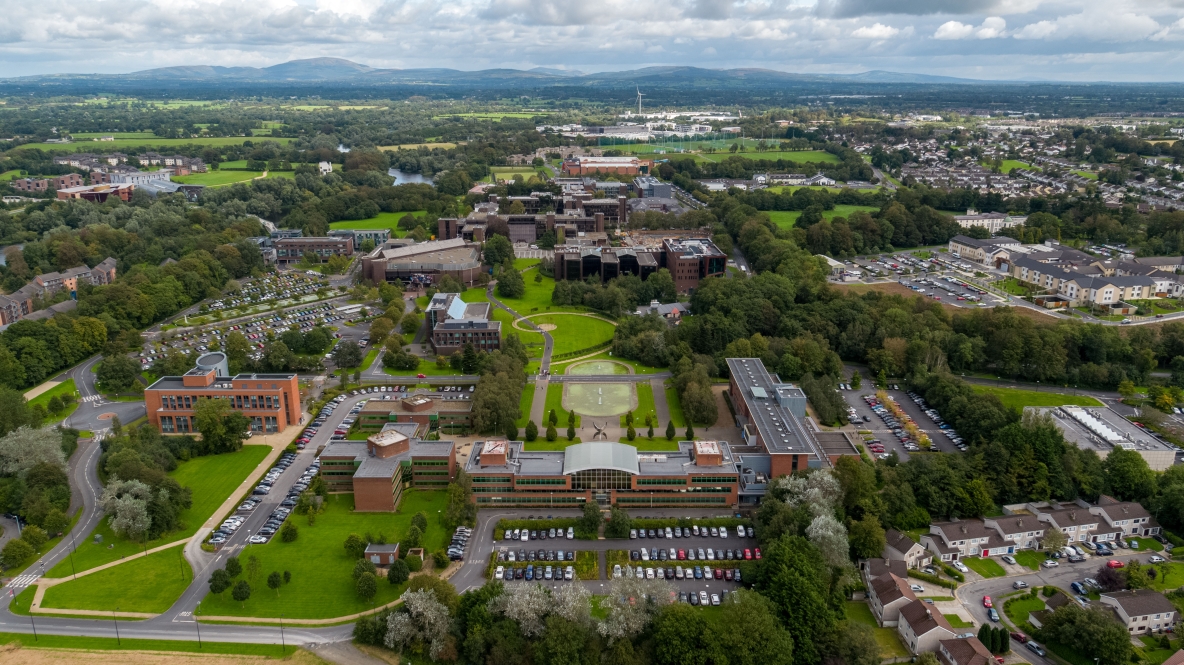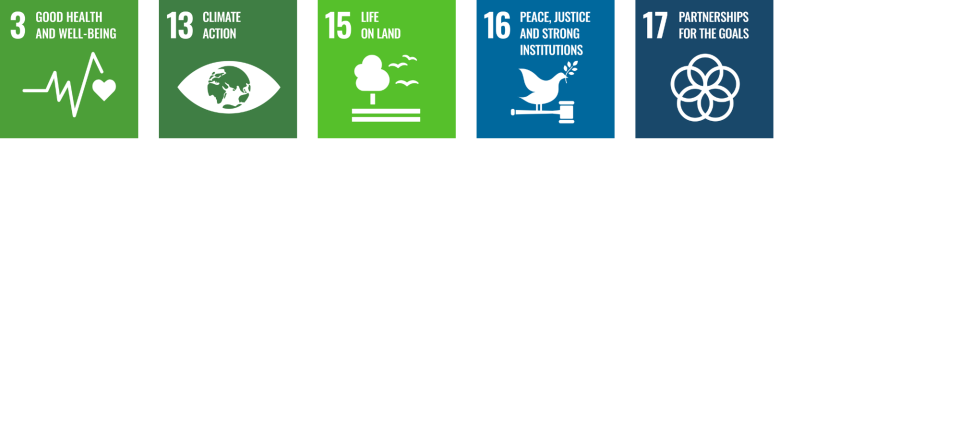
Funding for a series of research projects being led by University of Limerick that will tackle cancer, youth justice, mental health, climate change and other issues has just been announced.
The projects led by UL are funded through the North-South Research Programme, a collaborative scheme under the Government’s Shared Island Fund.
The projects that will be led by UL include ‘Stable Lives Safer Streets’: A north-south hub of scientific excellence to serve intergovernmental and statutory frameworks in the policy area of Youth Crime, ‘eHealth-Hub’: All Island Research Hub for Federated Analysis of Cancer Data, ‘DelHPIre’ Delirium Health Professionals Ireland, ‘OXI-SMARTNovel’ and Smart Optical Catheters for the Early Assessment of Hypoxic Tumours in Clinical Oncology and ‘FINIFOR’: A Forested Island.
UL is also a partner on the Atlantic Innovation Corridor, a collaboration led by National University of Ireland, Galway, Galway Mayo Institute of Technology and Ulster University, and the All-Island Cancer Research Institute, a collaboration led by University College Dublin and Queen’s University Belfast (QUB).
“UL welcomes the announcement of these important awards and is delighted to be leading and involved in various projects across all three strands,” said UL Vice President Research Professor Norelee Kennedy.
“The projects awarded today add to UL’s strategic ambitions in research across a range of areas including cancer data analysis and youth justice and support our collaborative approach to research through engagement with colleagues across the island of Ireland.
“The North-South scheme is a key enabler of collaborative research between individuals, teams and institutions on the island of Ireland to realise significant economic and social benefit,” Professor Kennedy added.
The awards range in value from €200,000 over two years to €4 million over four years. The fund is administered by the Higher Education Authority (HEA) on behalf of the Department of Further and Higher Education, Research, Innovation and Science.
The announcement was made today by Taoiseach Micheál Martin and Minister Simon Harris with funding awarded to 62 collaborative research projects between academics and institutions in Ireland and in Northern Ireland to the rune of €37.3m.
The projects being led by UL are:
Stable Lives Safer Streets – led by Dr Catherine Naughton, REPPP, School of Law, UL, in partnership with Dr Colm Walsh, The Violence Prevention Lab, QUB and CES, which will look at youth justice, community and youth work, trauma studies and community safety.
Dr Naughton explained: “The hope is that by better understanding the complexities around youth crime and how we can best intervene, will enable the young people who offend to reach their potential while ensuring safer communities. Our methods can then be used as a model for other complex social problems.”
eHealth-Hub: All Island Research Hub for Federated Analysis of Cancer Data – led by Professor Aedin Culhane Professor of Cancer Genomics, University of Limerick, in partnership with Professor Mark Lawler Associate Pro-Vice-Chancellor and Professor of Digital Health Queen’s University Belfast, seeks to harmonise cancer data on the island of Ireland to a health global standard.
“Cancer is the leading cause of death on the island of Ireland. The pandemic has halted or reversed advances in cancer outcomes. A lack of infrastructure to share digital health data, is severely limiting cross-border cancer research, hindering our understanding of the full impact of COVID-19 on cancer outcomes on the island. Government reports say it is negatively impacting their ability to develop evidence-based policy,” explained Professor Aedin Culhane.
“The eHealth-Hub will train researchers in real-world health data science and best practice in software development, developing infrastructure and software tools that can map all-island health data to a standard format.”
Professor Mark Lawler explained: “Data saves lives. This award highlights our strength in health data science and digital health at Queen’s. It provides us with a unique opportunity to work with our colleagues in the University of Limerick and other partners on this island, employing data intelligence to mitigate the impact of COVID on cancer services and cancer patients and to answer some of the biggest challenges in cancer worldwide.”
DelHPIre (Delirium Health Professionals Ireland) will improve prevention, recognition and management of delirium across the island of Ireland through the co-design of an interdisciplinary digital resource for undergraduate healthcare students. It is being run by a consortium from UL and Queen’s University Belfast, led by Professor Alice Coffey, Professor of Nursing at UL.
Professor Coffey explained: “Delirium is a confused mental state which can occur suddenly with illness or a change in environment. This condition is common in older adults, especially those with dementia and is commonly experienced in hospital. It is important that health professionals recognise this condition early in order to treat the condition appropriately.
“Therefore student health professionals need to be taught about the prevention and management of delirium. Our project aims to involve the students, clinical professionals and representatives if patients and family in the creation of a digital learning resource for students of all health professions which will teach them about recognition, prevention and treatment for delirium in different care settings.”
OXI-SMART Novel and Smart Optical Catheters for the Early Assessment of Hypoxic Tumours in Clinical Oncology is led by Professor Elfed Lewis of UL’s Department of Electronics and Computer Engineering, with Professor Kevin Prise of QUB.
Professor Lewis explained: “Advances in medical imaging have enabled direct visualisation of tumours within the prostate gland. Therefore, a method that can directly detect the oxygen concentration within the body of a tumour would provide a major scientific advance that may enable real time adaptation of radiation dose to optimise treatment.
“The proposed optical fibre sensor relies on optical detection of the blood oxygenation level in the immediate vicinity of the tumour. The technology of the proposed project provides a unique and highly novel solution to the problem of monitoring and verifying tumour hypoxia levels.”
FINIFOR: A Forested Island – led by Dr John Garvey of UL’s Kemmy Business School with Professor George Hutchinson of QUB, looks at large scale native broadleaf tree planting on the island of Ireland, that provides us with the best near-term action that can reduce our carbon emissions and restore a more natural wildlife friendly countryside.
Dr Garvey explained: “Successfully implementing this requires a new and novel financing mechanism that ensures rural communities and major Irish food companies can continue to thrive and also contribute to significant climate mitigation efforts, all within the agri-food and land use sectors.
“On both the North and South of the island, Ireland’s native forest cover represents just under 2% of the land area while almost 61% of Ireland’s land area is grassland that is critical to providing incomes to Ireland’s farming families and supporting a thriving rural economy built on the Irish food industry.
“This research places emphasis on co-design by seeking the input of local communities, food companies and forestry experts into designing a financing instrument that can help the island of Ireland meet its climate targets, restore a natural countryside and do so in a way that is fair and helps rural communities.”
Announcing the awards, Taoiseach Micheál Martin, said: “I’m delighted to see such substantial funding being awarded to researchers and Higher Education institutions from the North South Research Programme.
“These awards will support the Government’s Shared Island vision by bringing researchers from all corners of the island together to work on pioneering projects over the next four years, and is not only strengthening existing relationships, but is fostering new research partnerships.”
Minister for Further and Higher Education, Research, Innovation and Science, Simon Harris, said: “Research, science and innovation are invaluable tools in helping us understand the challenges facing us and identify solutions to them. Today, we are announcing 62 new research projects developed by researchers across the island on our shared challenges. This will deepen relationships between North South and help create and build new ones.”
Higher Education Authority CEO, Dr Alan Wall, said: “The North-South Research Programme provides an opportunity for researchers work to combine knowledge, expertise and skills, to work collaboratively to address global, national and regional challenges and to deepen the relationships between researchers and the impact of their research on how we share this island.”
The full list of North South Research Programme awardees under the first call can be found here.
